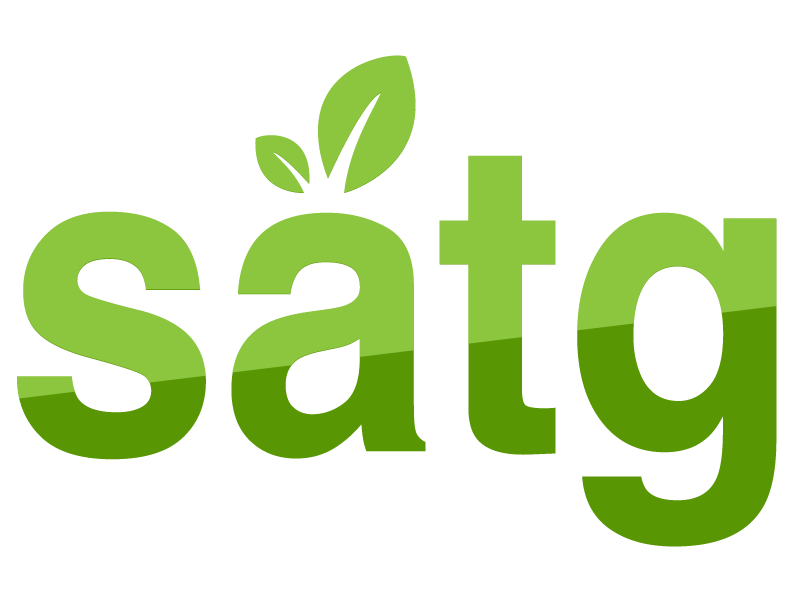Mission
To strive for peace and prosperity through sustainable agricultural development.
Conservation
Safeguard the institutional memory of Somali agriculture, particularly in times of statelessness or civil strive.
Development
Assist agriculture communities to access appropriate and affordable agricultural technology.
Research
Assist in re-establishing and sustaining agricultural education and research centers.
Cooperate with international, national, regional, and local communities in the sustainable development of Somali agriculture, and conservation of the natural resource base.
Who We Are
Reconstructing Somalia’s Agricultural Heritage
SATG is a registered non-profit association comprised of Somali professionals and friends of the country dedicated to assisting in the reconstruction of Somalia and its agricultural heritage. SATG was established to provide sustainable, homegrown solutions to alleviate rampant food shortages caused by conflict and the lack of effective agriculture and food policy.
SATG leverages a blend of practical and scientific expertise that reaches the grassroots level. All work and studies conducted by SATG have real-world applications and are carried out in key target areas through collaboration with partners and local farmers.
Agriculture, including livestock, is the backbone of the Somali economy. Pre-war figures indicate that 67% of the country’s GDP came from livestock, agriculture, and fisheries. SATG envisions a future where agriculture plays a central role in reconciliation and rebuilding in Somalia, becoming a key component of a rejuvenated Somali economy. This will contribute significantly towards solving both social and economic problems.
Connecting Agriculture Professionals
SATG is open and dedicated to expanding its network of practitioners and professionals committed to building sustainable agriculture in Somalia. By leveraging information technology, SATG has successfully brought together stakeholders from around the world who are interested in improving agricultural processes in Somalia. The organization facilitates online discussions and documents the results and outcomes.
Through this network, we have managed to tap into expertise from various parts of the world and adapt or facilitate solutions pertinent to the Somali agricultural industry. This network continues to provide historical documentation of plant genetic resources, best production practices, soil and water conservation, post-harvest and storage practices, as well as policies and regulations on agricultural practices.
